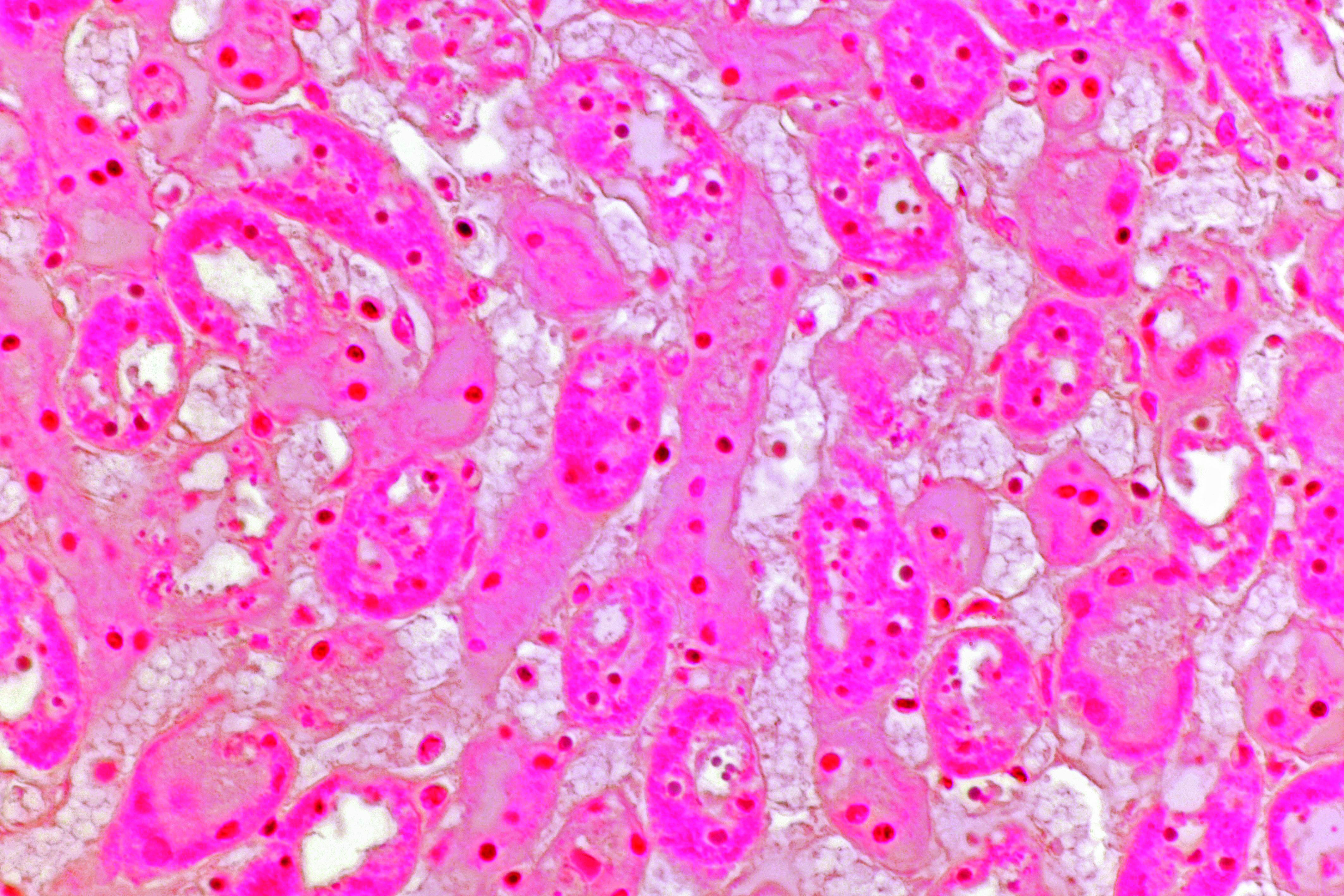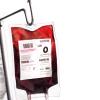Scientists have discovered a blood biomarker that predicts kidney transplant rejection with a lead time of about eight months.

This could give doctors an opportunity to intervene and prevent permanent damage.
The results identify a warning signal that something is wrong and suggest an existing medication that could be given to these patients to right the course of their long-term recovery.
Senior author David Rothstein said: “We wanted to find something that would tell us this patient is at risk of rejecting later so that we could change their immunosuppressants up front before the immune system revs up, before scarring and chronic damage is done.”
About a third of patients lose their transplanted kidney within 10 years. At that point, a new transplant isn’t easy. The patient’s immune system is already sensitised to the foreign organ, and it’s harder to find a match.
Rothstein and colleagues from the University of Pittsburgh School of Medicine analysed blood samples taken from 339 patients who received kidney transplants and found a highly predictive biomarker.
Of the patients who were identified as high-risk for rejection based on this new biomarker, 91% rejected the organ within the first year, compared with 10% in the low-risk group.
The high-risk group was significantly more likely to lose their transplanted kidneys five years post surgery.




